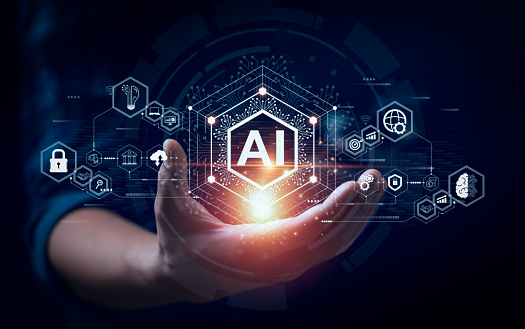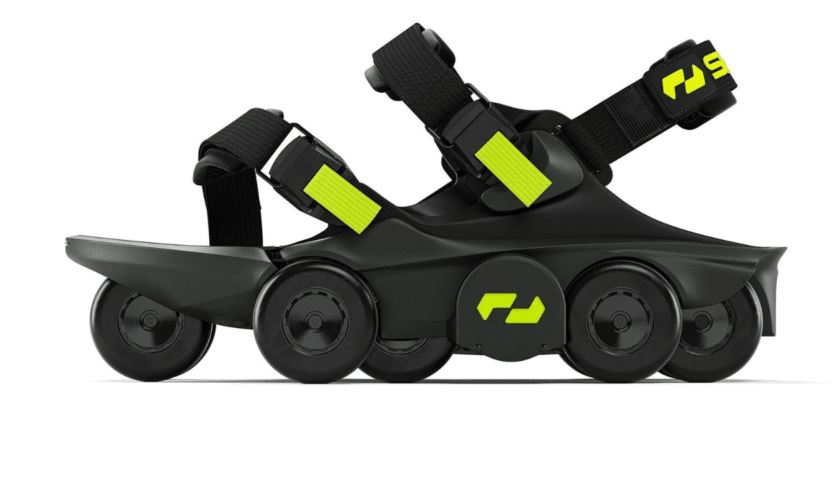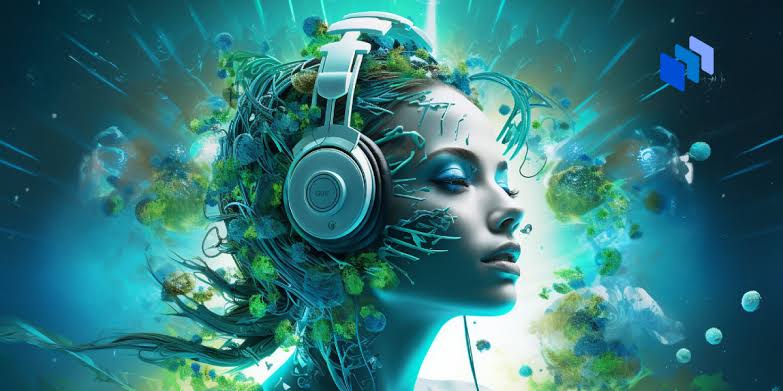Artificial Intelligence (AI) is not merely a technological advancement; it represents a paradigm shift in how we understand and interact with the world. They advance beyond simple tools that supplement human intelligence and bring a new era with improved human-Machine amalgamation, which promises to revolutionize industries across the board. In this article the connection and the dependency between AI and the human mind, gap and further evolutions are depicted.
In understanding what AI is and what it is not, it is only important to turn to basic philosophical questions that investigate for what purposes we understand the human mind?.
Human brain is part of the universe that is complex in capabilities to think, to feel, to create and to learn. In contrast, AI is something humans have invented to act as some copy of human brains, to mimic them partially. Simply put, artificial intelligence basically entails creating algorithms and models that can assist machines in solving complex problems and understanding various patterns and making sound decisions in a way that is unique to human beings.
Although, it is a fact that the systems implementing AI can work on data and compute at a tremendous rate, they do not have consciousness embedded in them and, thus, do not possess the richness of emotions present in human beings. However, with regard to the integration of AI with the human mind, the current trend is towards achieving a kind of synergy where one supports the other, to balance out for its weaknesses.
Enhancing Human Cognitive Abilities
They passed them through man’s enhanced cognitive skills and besides one of the most interesting benefits of AI is that it enhances man’s capability in these skills. At a general level, the application of AI with the potential to enhance cognition can be made in various ways which include memory improvement and learning processes and decision making. They can gather a big amount of data and one of the possibilities AI has in comparison to ordinary people is it might have a higher chance to find relations which are concealed from humans. Besides, this is critical for some non-medical occupations, for instance, in medicine where with the assistance of artificial intelligence, doctors are in a position to identify illnesses, as well as recommend the best form of treatment for an individual patient.
Furthermore, further potential benefits are enriching with the help of AI, as it eliminates most of cognitive limitations. For example, integrations such as the neural interfaces and Brain Computer Interfaces (BCIs) are being lined for connecting human brain with computers. It means these interfaces can regenerate certain functions for those whose neurological system is completely or partially damaged and may increase general intellect for people without any neurological disorders. Putting human desire into machine processing makes BCIs a giant leap toward the future where the human mind is directly connected to computers.
The Ethical and Societal Implications
Having thus reviewed artificial intelligence one can note that many questions related to its further development and usage are not only technical but also ethical and social. Thus, the interactions between AI and the human brain should be done with a lot of consideration to avoid negative impacts on human beings, while these interactions should be within human rights and moral code. Some of the questions that arise include questions to do with privacy and security and the possibility of such systems acting as a fertile ground for bias. It is essential to establish the concept of transparency and explain ways to make AI systems accountable to the end-users, as the society’s trust can be easily broken if negative impacts are encountered.
In addition, it made future advancement in technologies such as AI and the human brain as monumental bursts that will revolutionize the concept of work and the concept of the human being. It is the belief that with the emergence of AI and its capability to perform most basic executions, people will shift their abilities towards higher value duties. But this transition must be done in a controlled or gradual manner to sift off adverse impacts on employment rates and ensure that everyone benefits from uptake of artificial intelligence systems.
AI and Human Creativity
Another possibility is to add strengths to human creativity, another domain for which artificial intelligence is showing a promising future. When it comes to artistic creativity which includes arts, writing, music, and design, there are several ways through which artificial intelligence tools can help artists or writers come up with new ideas and be more innovative in different fields. AI can help recommend patterns as well as new ideas that may not have been considered had it not incorporated such large amounts of creative work. Therefore, innovation can be defined as a process that results from this kind of partners’ collaboration and can bring absolutely new developments that were not even considered before.
For instance, there is music production by AI, creating artworks and AI’s contribution in literature writing. It then emanates from the afore-discussed understanding of AI-written content as it is as being capable of inducing creatives into thinking in new lateral, although it lacks the emotional aspect inherent in remarkable human-written works.
The Future Landscape
Thus, the prospect of the relation between AI and the human mind, in the future, can be described as more intertwined. The fourth wave focuses on AI as it will inevitably develop even further and gain the ability to read emotional and intentional currents in actions. This evolution will allow for smoother and more seamless human and machine communication, delighting users in the process.
In education smart pedagogy, it will be possible for education providers to offer learning to suit every learner and at his/her preferred pace thus improving the chances of success in education. In the healthcare sector, AI will extend in diagnostics, management, patient care, treatment, decision-making, and overall health enhancement and optimization for developing individualized approaches for therapy.
In addition, organically merging with the human mind will necessitate technologies’ progress in areas like neuroscience, psychology, and cognitive science. Exploring the ways of AI functioning and the cooperation of AI with the human brain allows for gaining more in-depth understanding of humans’ minds and developing new non-pharmacological treatments for mental disorders.
Conclusion
It is a sunset with no horizon, because the future of artificial intelligence and the human mind is wide open and in constant flux. Their combined potential encompasses numerous opportunities for expanding human potential, catalyzing development and overcoming many of the world’s urgent problems. However, this also entails risk, especially concerning ethical, societal, and technological aspects that must be carefully weighed. The optimistic vision for a new world with AI as a guiding source and benevolent helper is only possible if we engage the best and brightest minds of this generation in a responsible manner and find ways to foster collaboration between humans and AI.




